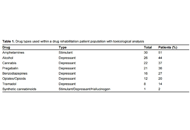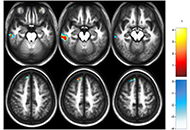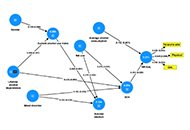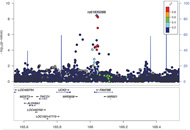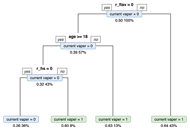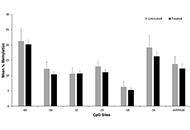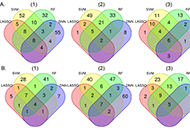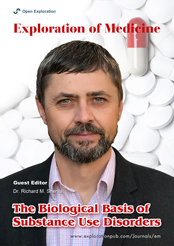
The Biological Basis of Substance Use Disorders
Guest Editor
Dr. Richard M. Sherva E-Mail
Boston University School of Medicine, Boston, USA
Research Keywords: Psychiatric genetics, substance use disorders, Alzheimer’s disease, statistical genetics
About the Special lssue
Substance use disorders, ranging from nicotine addiction to the current opiate epidemic, are a profound public health burden. Although human and animal studies have made advances towards understanding the biological systems driving substance use, misuse, addiction, and recovery, effective prevention and treatment strategies are still lacking. A better understanding of the psychological and neurological factors driving addiction risk, including its underlying genes and regulatory mechanisms, may lead to additional targets for and a more personalized approach to treatment.
Keywords: Substance use disorders, addiction, personalized medicine, psychiatric genetics, neurology, pharmacokinetics
Published Articles
